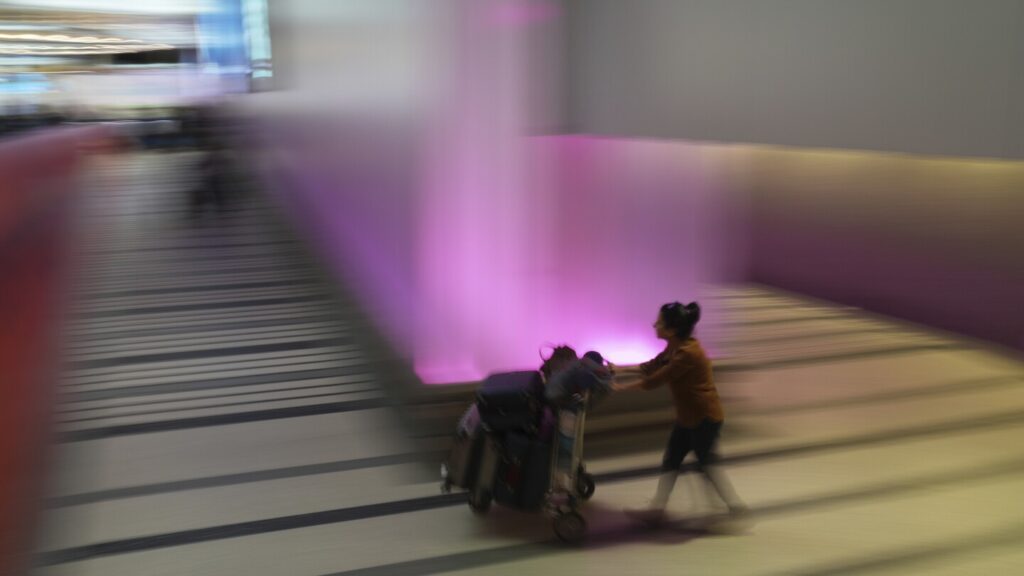President Donald Trump has implemented a travel ban affecting citizens of 12 countries and imposing restrictions on individuals from seven others, with a focus on Africa and the Middle East due to national security concerns. The ban, effective immediately and with no set end date, includes countries like Afghanistan, Iran, and Somalia, while placing heightened restrictions on nationals from countries such as Cuba and Venezuela without valid visas.
Trump’s justification for the ban is rooted in a campaign of immigration enforcement upon his return to office, emphasizing the protection of U.S. citizens from potential security threats posed by certain visitors. The executive order mandating the ban requires reports on “hostile attitudes” towards the U.S., targeting individuals who may pose terrorist threats or exploit immigration laws malevolently.
Exemptions from the ban exist for green card holders, dual citizens, athletes participating in major sporting events, Afghan special immigrant visa holders, and others with specific circumstances. The ban is subject to change based on improvements in countries’ rules and emerging threats globally.
The State Department has instructed embassies not to revoke visas for affected individuals but will deny applications from countries listed in the ban. This ban differs from Trump’s initial travel restrictions in 2017, which targeted predominantly Muslim countries and faced legal challenges before being upheld by the Supreme Court in 2018.
Reactions to the ban vary, with some countries like Venezuela and Chad responding critically, and aid organizations denouncing the policy as divisive. Public opinions range from anger and disappointment to support for the administration’s measures, reflecting a complex range of perspectives on the travel ban.

